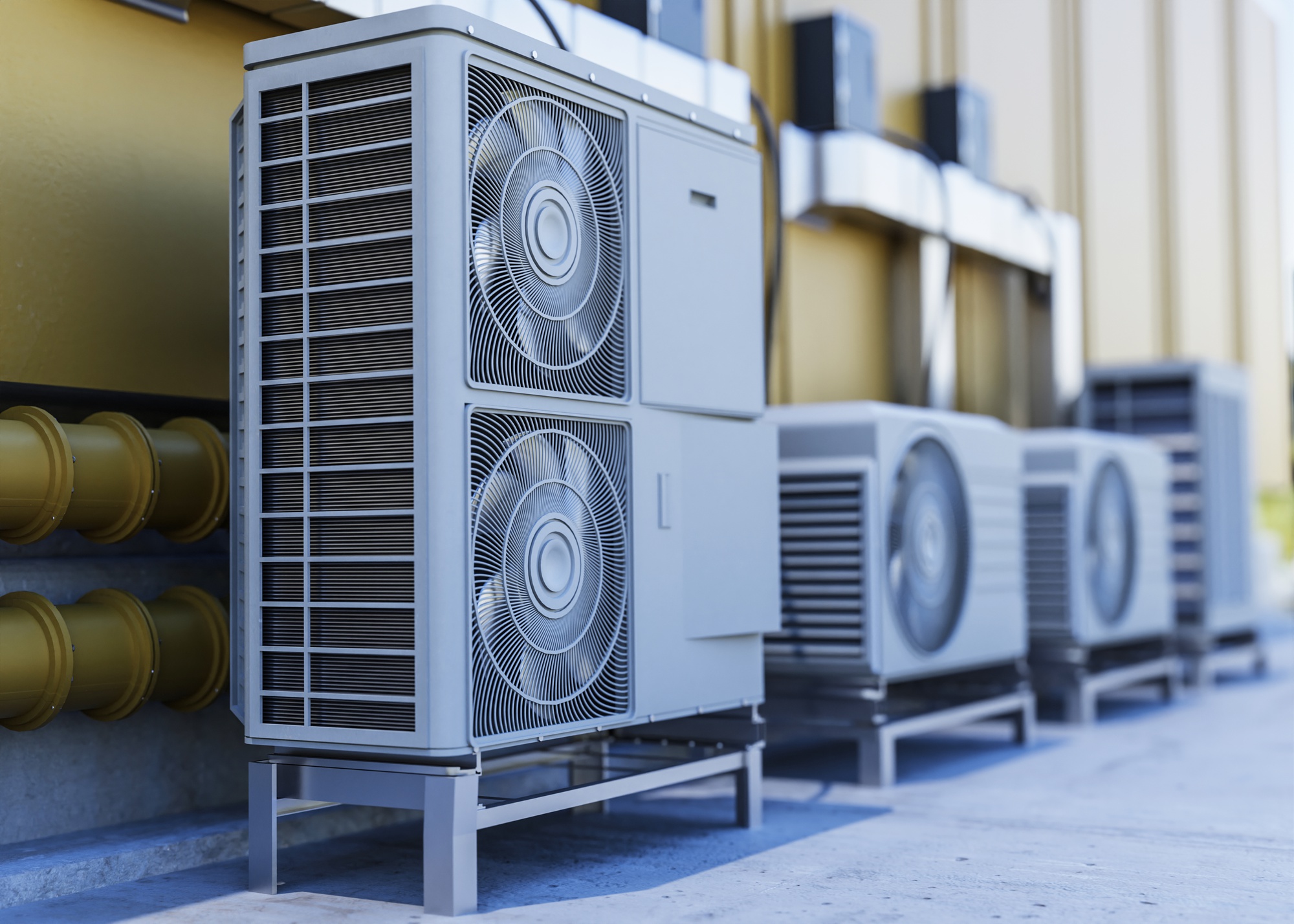When designing a home, it is essential to consider how heating systems will integrate with the overall architecture. A well-designed heating system not only ensures warmth but also improves the home’s energy efficiency. As homeowners, integrating heating systems efficiently can enhance both the functionality and comfort of your living spaces. Understanding how heating works in your home helps you make informed decisions for long-term savings and performance.
Choosing the Right Heating System
Heating systems- from being the type of system that would be appropriate for the size of your home- one of the first things to take into consideration while including heating systems for your home. Most homeowners usually choose among radiant heating, forced air and underfloor heating. Each system comes with its own perks. An example would highly laud radiant systems as those that would provide that warm-inducing effect consistency. Another would be enjoyed by a forced air Heating system for homes that are flexible and capable of quickly warming up a given area. The selection will depend entirely on the area you are keeping aside and your specific requirements.
Proper Placement of Heating Elements
Next , you should decide where the best location is for heating elements. For example, radiators must be positioned within an area that does not impede airflow; you also want to avoid putting them near windows or doors, where heat loss is prevented as much as practicable. Proper placement can enable maximum usage of your heating systems and prevent hot or cold spots in the room.
If you have the flexibility in your home’s design, consider incorporating smart heating systems that allow for greater control over temperature settings. Smart thermostats, for instance, can be programmed to adjust the temperature at specific times during the day, making them ideal for homes with varying schedules. These systems can be controlled via smartphone apps, allowing you to manage heating even when you’re not at home.
Energy Efficiency and Insulation
Incorporating energy-efficient heating systems into your home design is another crucial aspect to consider. Energy-efficient systems can significantly reduce your overall energy consumption, saving you money in the long run. When choosing heating systems, look for models with high energy efficiency ratings, as they will consume less power and produce more heat. Additionally, integrating insulation into your design is important for minimizing heat loss, making your heating system installation even more effective.
Aesthetic Considerations for Heating Units
Incorporating a modern heating system into your home design also means considering the aesthetic elements. For example, you can select heating units that blend seamlessly into the walls or floors. Some systems, like underfloor heating, are virtually invisible and maintain the design integrity of the space. If visible units are necessary, you can choose units with sleek designs or those that match the room’s style to ensure they complement your home’s decor.
Also Read: How a Ductless Mini-Split System Can Save You Money on Heating Bills
Zoning for Personalized Comfort
You might also have heating zones, making comfort and control much better. You can heat different parts of your house independently according to usage in different areas. For example, you may wish to keep your bedrooms cooler and living spaces, or the kitchen, warmer. You can also personalize the comfort in each area of your home.
Consider zoning heating systems for better control and comfort. This allows you to heat different areas of your home separately according to their specific usage. Bedrooms can be cooled while other areas, such as living rooms and kitchens, can be kept warm. Not only does this enhance the efficiency of your modern heating solution, it also allows comfort in different zones such as the bedroom or the living area.
Maintenance and Longevity of Heating Systems
Maintenance is another key factor when integrating heating systems. Regularly maintaining your heating system ensures it works efficiently and lasts longer. Clean filters, check for leaks, and inspect components for wear and tear. By staying on top of maintenance, you’ll prevent costly repairs and maintain the system’s efficiency over time.
Compatibility with Other Home Systems
When planning the integration of heating systems, it’s important to think about how they interact with other parts of your home. For example, integrating heating systems with the home’s ventilation system ensures better air circulation. This combination allows your heating system to work more effectively while maintaining a comfortable environment throughout the house. Make sure all systems are compatible and work in harmony to avoid inefficiency or discomfort.
Also Read: Emergency Heating Repairs: What You Need to Know
Future-Proofing Your Heating System
This is another factor to consider in your home heating system design is future extension-renovation plans. If you want to extend your home in the future, ensure that heating installations can easily be added to new rooms or layouts. Choosing a flexible Integrated heating system will pay off even more in terms of time and money when expanding your living space.
Professional Consultation for Optimal Design
Lastly, don’t forget about the importance of professional consultation when integrating heating systems into your design. While there are many DIY options available, having a professional assess your home’s layout and needs ensures that your heating system is installed correctly. A professional can help you choose the best system for your home and guide you through the installation process, ensuring that all codes and standards are met.
Conclusion
In conclusion, integrating Heating system installation into your home’s design requires careful planning and consideration of various factors. Choose the right type, placement, and energy-efficient options for long-term savings and comfort. With the right approach, your heating system can enhance your home’s overall design while ensuring optimal warmth and efficiency throughout the year.


